The nomadic lifestyle, symbolized by the RV explorer, is one of freedom and adventure, but with these come certain responsibilities — often, the most pressing being energy management. In the vast landscapes where the comforts of urban living aren't at your fingertips, understanding how to effectively manage the power in your RV can make or break your experience. From conserving battery power to installing robust solar systems, RV power management is a crucial skill for the modern nomad and digital denizen alike. Here, we'll explore essential strategies to maximize your electricity efficiency and minimize your environmental impact, all while prioritizing your comfort and convenience on the open road.
Navigating RV Power Sources
When it comes to powering your mobile abode, you're not short on options. Traditional power grids, onboard generators, and sustainable sources such as solar and wind power are all on the table. Understanding each source's benefits, limitations, and how they can work together is the first step in crafting a personalized power setup that's best for you.
Shore Power and Generators: A Reliable Backbone
RV Shore power - plugging into a pedestal at a campground - and generators are the workhorses of RV electricity for their reliability and instant availability. Generators are particularly useful when off-grid or in peak power demand situations. However, they can be noisy and may require regular maintenance, so a balance with alternative sources is beneficial.
Solar and Wind Power: Harnessing Nature's Energy
Renewable energy sources like RV solar and wind power are becoming go-to solutions for eco-conscious RVers. Advances in technology have made these options more efficient and user-friendly, allowing for more autonomy. But it's important to consider factors like location and weather for optimal energy capture.
Battery Banks and Inverters: The Power Within
Batteries store the electricity you generate or bring in from outside sources, providing power when you're not actively connected. Inverters are the bridges that convert DC battery power to AC for your appliances. Maintaining a healthy battery bank and selecting the right inverter is critical for in-RV power distribution.
Energy-Efficient Appliances and Lighting
Selecting the right appliances for your RV can have a significant impact on your power consumption. Newer models often offer substantial improvements in efficiency, while certain features like electronic ignitions and LED lighting are standard bearers for conservation.
The Big Three: Refrigeration, Heating, and Cooling
These are the largest power consumers in most RVs. Opt for Energy Star-rated refrigerators and smart use of air conditioning and heating systems can drastically reduce your energy footprint. Propane can also be incredibly efficient for heating and cooling, particularly with newer systems.
LED Lights and Electronics
LED lighting has revolutionized energy consumption in the RV scene. These lights use a fraction of the energy of traditional bulbs, while also lasting significantly longer. When it comes to electronics, choosing energy-efficient models and using power-saving modes can make a notable difference over time.
Battery Care and Management
Batteries are the heart of your RV's electrical system. Proper care and management can extend their life and ensure they're always ready to provide the power you need.
Regular Maintenance and Checking
Performing regular checks on your batteries' fluid levels, terminals, and connections is a simple task that can prevent larger issues down the road. Additionally, conducting load tests can help catch problems early and ensure your batteries are operating at peak performance.
Charge Controllers and Monitoring Systems
Investing in a quality charge controller for your solar panels can prevent overcharging, which can be detrimental to your batteries. Pairing this with a monitoring system can give you real-time insights into your power usage and the state of your battery bank.
Power Management Systems and Devices
In the world of RV electricity, technology is your friend. There are several devices and systems designed to help you manage your power more efficiently, from automatic energy routing to smart power outlets and RV Surge Protectors.
Energy Management Monitors
These monitors provide a comprehensive overview of your RV's energy usage, allowing you to track the impact of different appliances and behaviors. Some advanced models can even predict your power needs and suggest appropriate actions.
Smart Power Strips and Outlets
Smart power strips can detect when devices are not in use and cut power to them, preventing energy vampires from slowly sapping your battery. Smart outlets offer the same functionality and can be controlled remotely, making them ideal for managing power on the go.
Conservation and Smart Usage
Ultimately, your behavior plays a significant role in managing your RV's power. Simple changes in your daily habits, like turning off lights and unplugging devices when not in use, can add up to substantial energy savings.
Learning Your RV's Quirks
Every RV is unique, and getting to know its specific quirks and idiosyncrasies can help you make targeted adjustments to your energy management strategy.
The Power of Planning
Planning your day around your energy needs can help you avoid peak usage times and ensure you don't run out of power when you need it most. Careful planning can also help you take advantage of natural energy sources like sunlight for optimal efficiency.
Power Down to Connect
When you're truly ready to disconnect and immerse yourself in the wilderness, sometimes the best power management strategy is to simply power down. Disconnecting from technology and high-power usage activities can not only conserve energy but also enhance your overall RV experience.
In Conclusion
Effective RV power management is a balance of understanding, equipment, and mindset. By integrating the latest power-efficient technologies, taking advantage of nature's gifts, and working with — not against — your RV's energy systems, you can enjoy a life on the road that's not only liberating but also kind to the planet and your pocket. All it takes is a little education, some thoughtful adjustments, and a willingness to make power management a part of your daily routine. Happy trails!


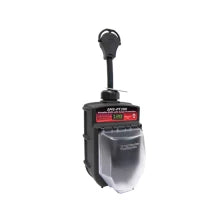
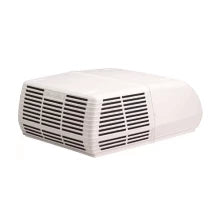
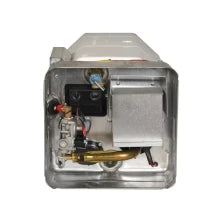
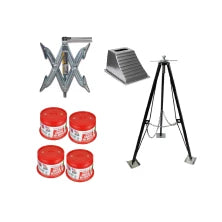
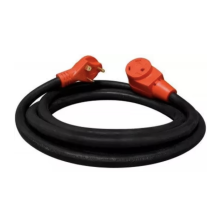
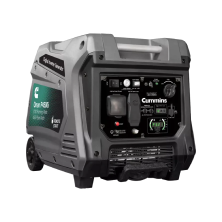
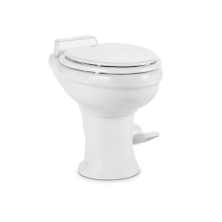
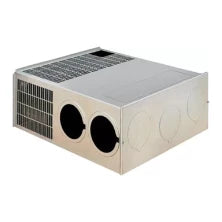


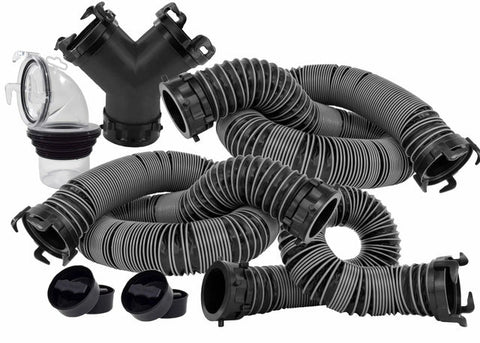
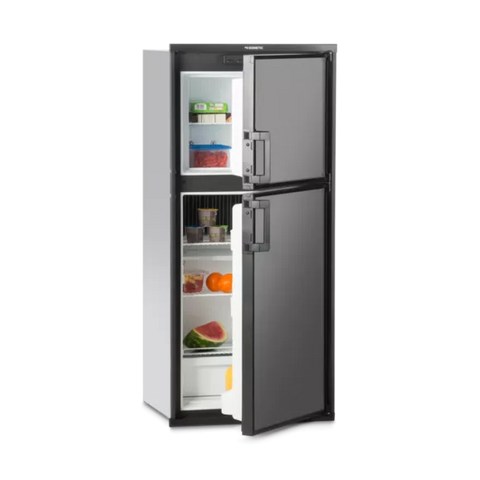
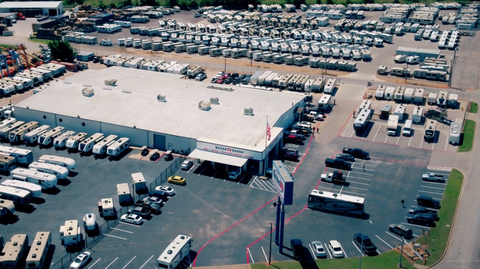
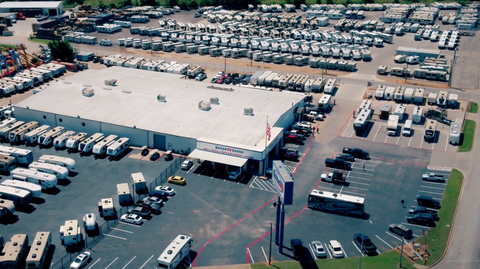
Comments (0)
There are no comments for this article. Be the first one to leave a message!